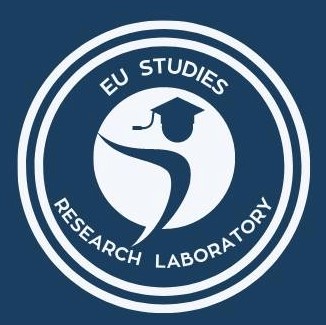Applications of research

Very little research in the field is pure in nature. That is, very few people do research in research methodology per se. Most research is applied research, which has wide application in many disciplines. Every profession uses research methods in varying amounts in many areas. They use the methods and procedures developed by research methodologists in order to increase understanding in their own profession and to advance the professional knowledge base. It is through the application of research methodology that they strengthen and advance their own profession. Examine your own field. You will find that its professional practice follows procedures and practices tested and developed by others over a long period of time. It is in this testing process that you need research skills, the developments of which fall in the category of pure research. As a matter of fact, the validity of your findings entirely depends upon the soundness of the research methods and procedures adopted by you.
Within any profession, where you directly or indirectly provide a service, such as health (nursing, occupational therapy, physiotherapy, community health, health promotion and public health), education, psychology or social work, the application of research can be viewed from four different perspectives:
- the service provider;
- the service administrator, manager and/or planner;
- the service consumer; and
- the professional.
Though it is impossible to list all the issues in every discipline, this framework can be applied to most disciplines and situations in the humanities and the social sciences. You should be able to use this to identify, from the viewpoint of the above perspectives, the possible issues in your own academic field where research techniques can be used to find answers.
There are several ways of obtaining answers to your professional questions. These methods range from the fairly informal, based upon clinical impressions, to the strictly scientific, adhering to the conventional expectations of scientific procedures. Research is one of the ways to find answers to your questions. When you say that you are undertaking a research study to find out answers to a question, you are implying that the process being applied:
- is being undertaken within a framework of a set of philosophies;
- uses procedures, methods and techniques that have been tested for their validity and reliability;
- is designed to be unbiased and objective.
Your philosophical orientation may stem from one of the several paradigms and approaches in research – positivist, interpretive, phenomenology, action or participatory, feminist, qualitative, quantitative – and the academic discipline in which you have been trained. The concept of ‘validity’ can be applied to any aspect of the research process. It ensures that in a research study correct procedures have been applied to find answers to a question. ‘Reliability’ refers to the quality of a measurement procedure that provides repeatability and accuracy. ‘Unbiased and objective’ means that you have taken each step in an unbiased manner and drawn each conclusion to the best of your ability and without introducing your own vested interest. The author makes a distinction between bias and subjectivity.
Subjectivity is an integral part of your way of thinking that is ‘conditioned’ by your educational background, discipline, philosophy, experience and skills. For example, a psychologist may look at a piece of information differently from the way in which an anthropologist or a historian looks at it. Bias, on the other hand, is a deliberate attempt to either conceal or highlight something. Adherence to the three criteria mentioned above enables the process to be called ‘research’. Therefore, when you say you are undertaking a research study to find the answer to a question, this implies that the method(s) you are adopting fulfils these expectations (discussed later in the chapter).
Ranjit Kumar "Research methodology. Step-by-step guide for beginners".





